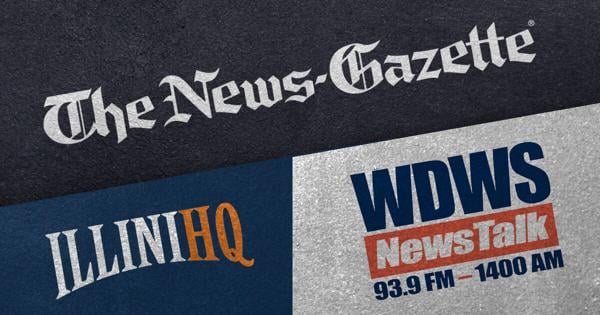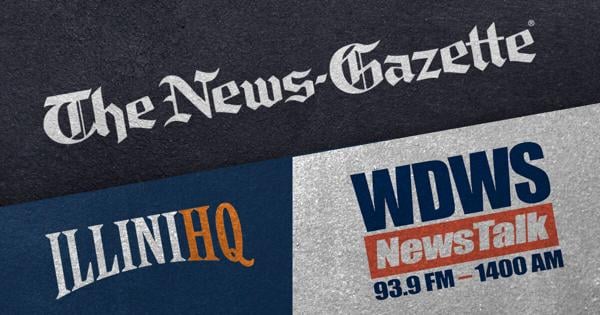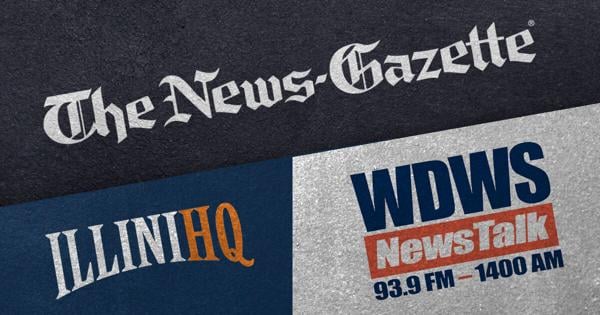NFL and UFC Athletes Turn to Ibogaine for Brain Injury Relief

As concerns about the impact of head trauma in sports intensify, a growing number of professional athletes from the NFL and UFC are exploring the use of ibogaine, a psychedelic derived from a West African shrub, as a treatment for brain injuries. Despite its classification as a Schedule 1 drug in the United States, where it is deemed to have no legal medical use, proponents believe it offers significant therapeutic potential.
Former NFL offensive guard Robert Gallery exemplifies this trend. In 2023, he traveled to Mexico to undergo ibogaine treatment, citing life-changing results. “It saved my life,” Gallery stated, expressing relief from anxiety and depression that had plagued him. He described newfound joy in simple activities, stating, “I can go for a run and be thankful that I’m alive.”
The potential benefits of ibogaine have garnered attention from both athletes and researchers. An observational study conducted by Stanford University involving 30 special forces veterans indicated that ibogaine might effectively alleviate symptoms associated with traumatic brain injury (TBI). Participants experienced average reductions of 88% in PTSD symptoms, 87% in depression symptoms, and 81% in anxiety symptoms. “No other drug has ever been able to alleviate the functional and neuropsychiatric symptoms of traumatic brain injury,” said Dr. Nolan Williams, a professor of psychiatry and behavioral sciences at Stanford.
Veterans and Athletes Seek Relief
Athletes are not alone in their exploration of ibogaine; the drug has been a topic of discussion within the veteran community, where high rates of TBI and PTSD are prevalent. Retired MMA fighter Tait Fletcher credits ibogaine with liberating him from suicidal thoughts, while NFL Hall of Fame quarterback Brett Favre has experimented with the substance in hopes of alleviating symptoms of Parkinson’s disease, a neurodegenerative condition associated with TBI.
Despite the promising findings, ibogaine remains classified as a Schedule 1 substance, which signifies a high potential for abuse and a lack of accepted medical use. To gain federal approval, it would need to undergo extensive clinical trials overseen by the Food and Drug Administration. States have begun to explore alternative pathways, with some like Oregon implementing supervised ibogaine therapy programs, mirroring efforts made for psilocybin therapy.
Researchers like Dr. Ian Kratter, who co-authored the Stanford study, suggest that ibogaine may promote brain healing by increasing neurotrophic factors, which support brain cell survival and adaptability. “This might facilitate a healing and recovery process after an injury,” Kratter explained.
Promises and Precautions
While the Stanford study reported no adverse cardiac effects among participants, ibogaine can pose risks such as cardiac arrhythmia, necessitating careful medical supervision during treatment. Gallery, who suspects he developed chronic traumatic encephalopathy (CTE) from his NFL career, discovered ibogaine through a podcast highlighting veterans’ struggles. “It was kind of a last-ditch hope for me,” he recalled, emphasizing his desperation for relief from troubling thoughts.
Fletcher’s journey with ibogaine began after a severe head injury during a stunt, pushing him into a dark period characterized by isolation. His experience with ibogaine in 2023 marked a turning point. “Nothing short of that,” he remarked regarding the relief he found. Former NHL player Ales Hemsky also shared a positive transformation, stating, “It’s been seven months now I haven’t had a sip of alcohol. It’s life-changing.”
The growing interest in ibogaine has prompted a call for more substantial clinical research into its therapeutic benefits. In June 2023, Texas approved a $50 million investment to support drug development trials for ibogaine, inspired by its success among veterans. Arizona followed suit with $5 million in funding for a clinical study, while California legislators are pushing to expedite research on ibogaine and other psychedelic substances.
In response to the growing momentum, Ambio Life Sciences, a clinic in Tijuana specializing in ibogaine therapy, reported having treated over 3,000 patients since opening in 2021, including 1,000 military veterans. Despite the encouraging anecdotes, experts caution against unregulated treatments, highlighting concerns about dosage purity and potential contaminants.
As the conversation around ibogaine gains traction, athletes like Gallery are advocating for increased awareness and research into psychedelic-assisted therapies. “The sports community is not very good about talking about mental health,” he noted. “I want to do that for the sports community and for my friends that I know that are out there suffering.”
The dialogue surrounding ibogaine and its potential applications in treating brain injuries continues to develop, indicating a shift towards exploring innovative therapies for conditions that have long been challenging to address.






